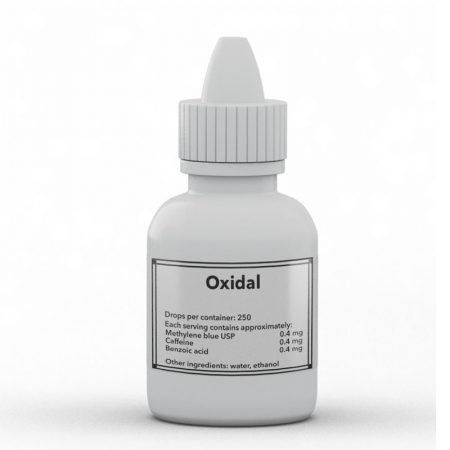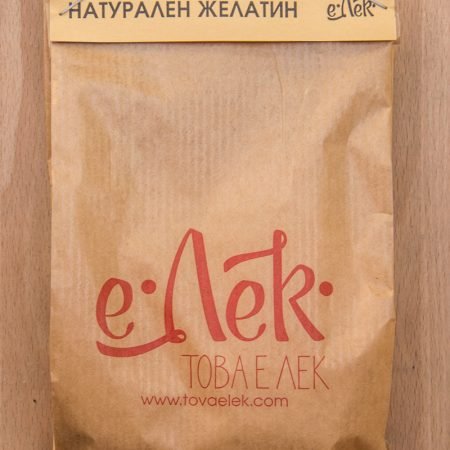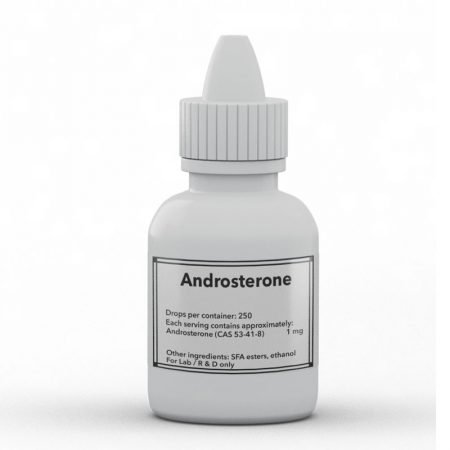Това е изключително изследване, което отново обвързва екстремния стрес с патологията на психичните разстройства, по-специално тревожността и посттравматичния стресов синдром (PTSD). Преди няколко дни споделих изследване, което показва, че високото съотношение на кортизол (C) / тестостерон (T) вероятно е фактор, предизвикващ посттравматичен стрес. Хората с високо C/T съотношение също имат повишен адреналин, тъй като кортизолът и адреналинът стимулират синтеза и освобождаването един на друг. В този смисъл, изследването по-долу не е изненадващо. Изненадващо е, че дори една доза от блокиращия адреналина медикамент (бета-блокер) пропранолол е била в състояние “да изтрие” емоционалния аспект на травматичните спомени и по този начин да обрати тревожността и посттравматичния стрес, свързани с тях. Когнитивната част (например самата памет) не е засегната, но страховата/травматична реакция е премахната. Както казват авторите – изглежда, че за всяко психично разстройство може да бъде приложено такова лечение. Трудно е за вярване колко са добри резултатите от това изследване, особено ако човек не отчита факта, че стресът е основна причина за всички заболявания. Накрая трябва да коментираме и изключителната роля на съня. Той е необходим, за да се постигне търсеният ефект. Ако хората приемат лекарството и след това техният страх е “предизвикан” в същия ден, те реагират с тревожност. Обаче, ако им се позволи “да го преспят” през нощта, на следващият ден страхът е изчезнал. Моето предположение е, че блокирането на адреналина премахва стимула за страх, но за да стане това вградено в структурата на мозъка, е необходим сън, тъй като такива консолидации се случват само когато мозъкът излъчва бета и гама вълни (по време на сън, медитация и др.).
https://www.ncbi.nlm.nih.gov/pubmed/25980916
https://www.nature.com/articles/s41467-018-03659-1
“…A single 40-mg dose of oral propranolol, judiciously timed, constitutes an outside-the-box yet highly promising treatment for anxiety disorders, and perhaps for posttraumatic stress disorder as well, Marieke Soeter, PhD, said at the annual congress of the European College of Neuropsychopharmacology. “
“…“It looks like permanent fear erasure. You can never say that something is erased, but we have not been able to get it back,” she said. “Propranolol achieves selective erasure: It targets the emotional component, but knowledge is intact. They know what happened, but they aren’t scared anymore. The fear association is affected, but not the innate fear response to a threat stimulus, so it doesn’t alter reactions to potentially dangerous situations, which is important. If there is a bomb, they still know to run away from it.” “
“…Most recently, she and a coinvestigator have been working to pin down the precise conditions under which memory reconsolidation can be targeted to extinguish fear memories. They have shown in a 30-subject study that the process is both time- and sleep-dependent. The propranolol must be given within roughly an hour before to 1 hour after therapeutic reactivation of the fear memory to be effective. And sleep is an absolute necessity: When subjects were rechallenged 12 hours after memory reactivation and administration of propranolol earlier on the same day, with no opportunity for sleep, there was no therapeutic effect: The disturbing fear memory was elicited. However, when subjects were rechallenged 12 hours after taking propranolol the previous day – that is, after a night’s sleep – the fear memory was gone (Nat Commun. 2018 Apr 3;9[1]:1316. doi: 10.1038/s41467-018-03659-1).”
“Postretrieval amnesia requires sleep to happen. Sleep may be the final and necessary link to prevent the process of reconsolidation,” Dr. Soeter said. It’s still unclear, however, how much sleep is required. Perhaps a nap will turn out to be sufficient, she said.” Colleagues at the University of Amsterdam are now using single-dose propranolol-based therapy in patients with a wide range of phobias. “The effects are pretty amazing,” Dr. Soeter said. “Everything is treatable. It’s almost too good to be true, but these are our findings.”
Източник:
- Колко пресни портокала са ви необходими, за да изчистите черния си дроб от мазнини?
- Хроничният стрес понижава допамина и причинява психични заболявания
- Естрогенът и кортизолът, а не андрогените, потискат имунитета
- Инхибирането на ароматазата (за намаляване на естрогена) може да доведе до лечение на рак на стомаха.
- Потиснатият имунитет, а не вирусите (HPV), може да е причина за рака на кожата










